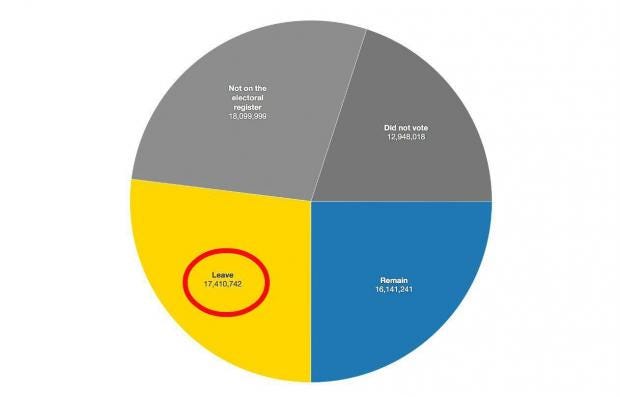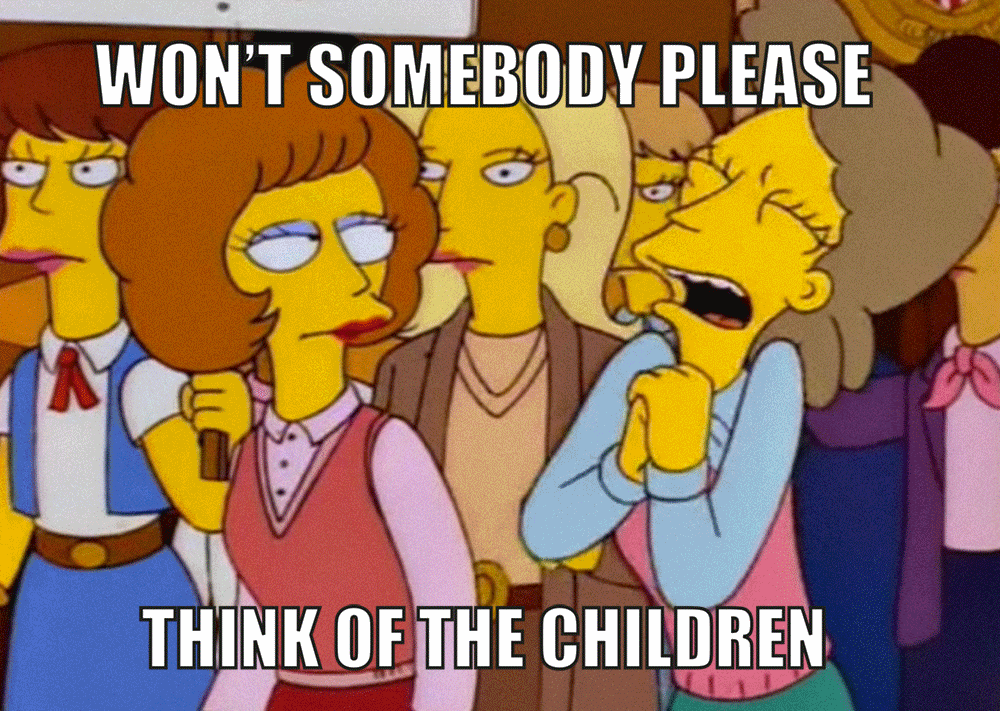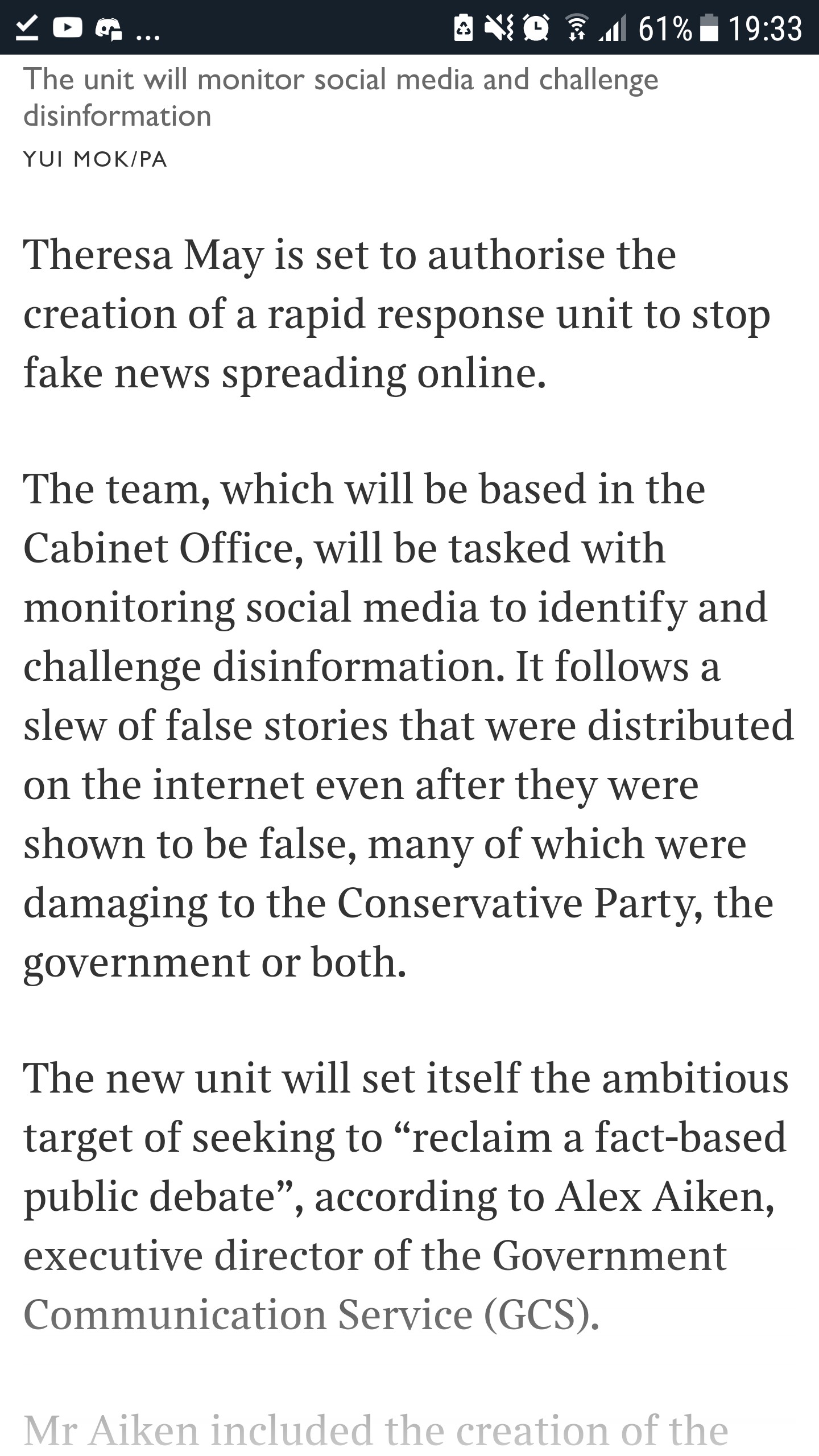I'm not sure the
House of Lords Gravy-train of Nepotism really belongs in there with the others (their abolition was another thing New Labour failed to deliver and I certainly will shout "UNDEMOCRATIC" at them) but I see where you're coming from. I don't think other people
shouldn't oppose the government, or Brexit, I've just been explaining why I personally think trying to overturn it is not a good idea. You can certainly (and in a free society people
should) oppose the government no matter if people are shouting nasty names at you or not - But you can't actually get rid of them until the next election. At least not democratically.
So I feel it is with a referendum - People who opposed the UK's membership of the EEC/EU between the 1975 and 2016 referendums certainly
did voice their opinions, but they knew they didn't have any way to actually
make the government leave the EU without a referendum (anyone else remember ol'
Jimmy Goldsmith and his VHS tapes?) and it was quite right that they shouldn't have - If lobbying just made the government change its policies and do what any significantly wealthy or powerful pressure group wanted we'd be in serious trouble. I think if the government now gave in to the wishes of people who want to remain even
after a leave vote, or gave a do-over vote after only a couple of years when those who wanted to leave had been waiting a quarter Century or more for one, it would seem incredibly biased.



